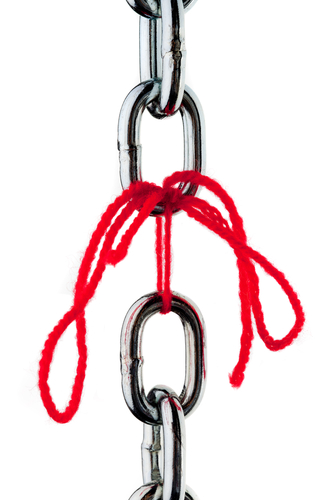- Home
- Play & Learn Home
- Online Enrichment
- Experience Modern Israel
- Israel It's Complicated
- Jewish and Me
- Jewish Holidays Jewish Values
- Jewish Values in Genesis and Jewish Values in Exodus
- Min Ha’aretz
- Our Place in the Universe
- Simply Seder
- The Prophets: Speaking Out for Justice
- Making T'filah Meaningful
- Make, Create, Celebrate
- Yom Haatzmaut Resources
- Hebrew Apps
- About The OLC
- What is the OLC?
- Introduction
- Get Started
- Resources
- OLC Content
- Parent Materials
- See My OLC Classes
- Store
Behrman House Blog
#BlogElul 2013 Day 4, Accept
Written by Vicki Weber, RJE, 10 of August, 2013
Turns out I have trouble with accepting.
My trouble became especially acute a few years ago with two separate phone calls—the kind every parent fears, and both within the span of four months: “There’s been an accident, but he’s/she’s ok.” And in both cases, ok meant not unconscious, but not unhurt either. And so I took two journeys I hope never, ever to repeat. Never again do I want to see the film from a news helicopter showing him being loaded into an ambulance on a stretcher. Never again do I want to see her beautiful head full of stitches.
And yet, there can never be a guarantee that I won’t. These two events were stark proof that I do not have the control I wish I had (or once madly believed I had) over my life, over the fate of the people I love. My head gets this. My heart protests.
I protest because I get confused about what it means to accept. Consider Merriam-Webster and some of the meanings of accept:
-
To receive willingly
-
To give approval to
-
To endure without protest or reaction
-
To regard as normal or inevitable
-
To agree to undertake
Yet I am NOT willing. I do NOT give approval. I cannot endure this without protest or reaction. I refuse to regard this as inevitable. And I most certainly do not undertake this willingly.
If I accept, am I buying in to all those definitions? Am I saying I agree? Am I giving up on taking action in my life?
Merriam Webster has another definition: ‘To recognize as true.’ I can recognize the truth of life—that I don’t have control—without becoming complicit. And perhaps there is value in that recognition. I have to confront the profound sadness of my own vulnerability.
In the year of those phone calls, I did not want to attend Yom Kippur services. The words from the morning service felt too strong for me that year. 'On Rosh Hashanah it is written and on Yom Kippur it is sealed: How many shall pass on and how many shall come to be; who shall live and who shall die, who shall see ripe age and who shall not . . .' I did not want to confront the risk of loss we all face, the risk I ultimately cannot control.
I went anyway. And as I sat with my sadness in the sanctuary, I saw all the others there with me that day, many of whom had experienced not only the risk of loss, but loss itself, and terrible grief. And I saw the reason to be together--our community helps us give and get comfort as we struggle to accept.
The words of 11th century Jewish philosopher Solomon ibn Gabriol are wise: “At the head of all understanding is realizing what is and what cannot be, and the consoling of what is not in our power to change.”
We can be consoled.
I can recognize without agreeing. I can go on rather than give in. And I can take advice from a little boy who, demonstrating wisdom beyond his years as he faces challenges he does not deserve, told his mom ‘I’m wishing for possible things.’
I will accept life ‘s truths. I will allow myself to be vulnerable. I will accept as well as give comfort. I will wish and work for possible things.

